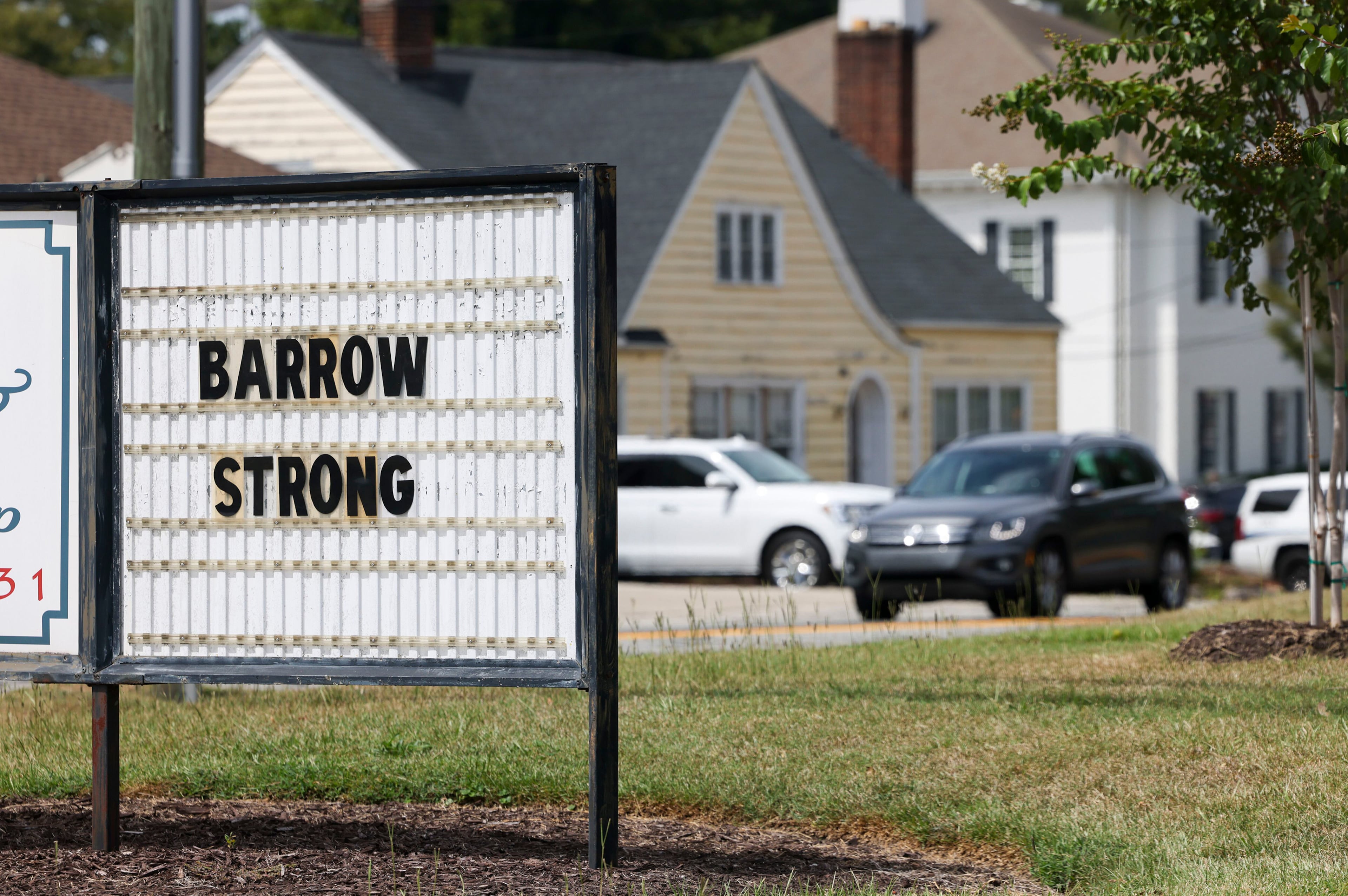State board assails Georgia Cyber Academy
State Board of Education members blasted Georgia Cyber Academy officials Tuesday, saying the online school is failing to meet the needs of its special education students.
GCA, Georgia’s first statewide online school, has seen its student population explode in recent years. Its number of special needs students has risen to 1,100 from 600 two years ago, according to the head of the school, Matt Arkin.
Board members said GCA has not increased its capacity to assess and teach its special needs students, despite a repeated push from the Georgia Department of Education. In unusually harsh language for a board that typically supports charter schools, members ripped Arkin and GCA.
“We have very serious concerns,” board member Brian Burdette said. “They have been warned several times that they are out of compliance. They have been given second chance after second chance.”
The board refused to take what would ordinarily be a procedural step in moving a $60,000 funding request from GCA’s board of directors toward approval. Seventeen other such requests were moved toward approval.
Board member Larry Winters reminded Arkin that the board has the authority to withhold other funds from the school “and is not afraid to use these powers.”
“This is the last warning,” he said.
Arkin told board members he and his staff will address their concerns.
GCA is a charter school that was approved by the state, giving the state board the power to revoke its charter, a prospect Burdette hinted at Tuesday.
“If you don’t meet these benchmarks, your charter will come before us and you will be putting it in jeopardy,” he said.
In May, Georgia Department of Education officials, reacting in part to complaints from parents, reviewed how GCA assesses and teaches its special needs students and told the school it needed to ramp up its staffing in that area. The department gave the school until the end of August to comply.
The school asked for and received an extension to Nov. 1 to meet those requirements. Arkin said the school has hired 10 to 15 special needs staff members since May.
But department officials said a recent review of the school found that it continues to have a special needs staffing shortfall and other problems in that area.
Board members decided to take the unusual step of publicly criticizing the school and urging it to comply.
“This is not new news,” Burdette said, adding that he and his colleagues on the board do not want to revoke the school’s charter but will if it refuses to acknowledge its shortcomings.
“We are being forced to go a route we don’t want to go,” Burdette said. “They’ve got to get out of the denial phase.”
In an interview after hearing from board members, Arkin said he is not sure why they are unsatisfied.
“We have not been anything but cooperative,” he said.
Arkin said the state Department of Education has not yet sent him a copy of its most recent report, which will lay out the specifics of what the school needs to do.
Ultimately, Arkin said the school will do what it needs to do to come into compliance and keep its charter from being threatened.
“If the DOE tells us we have a problem, we have a problem,” he said. “We’re committed to being compliant. We’ve worked very hard, and our parents can attest to the progress that we’ve made.”

